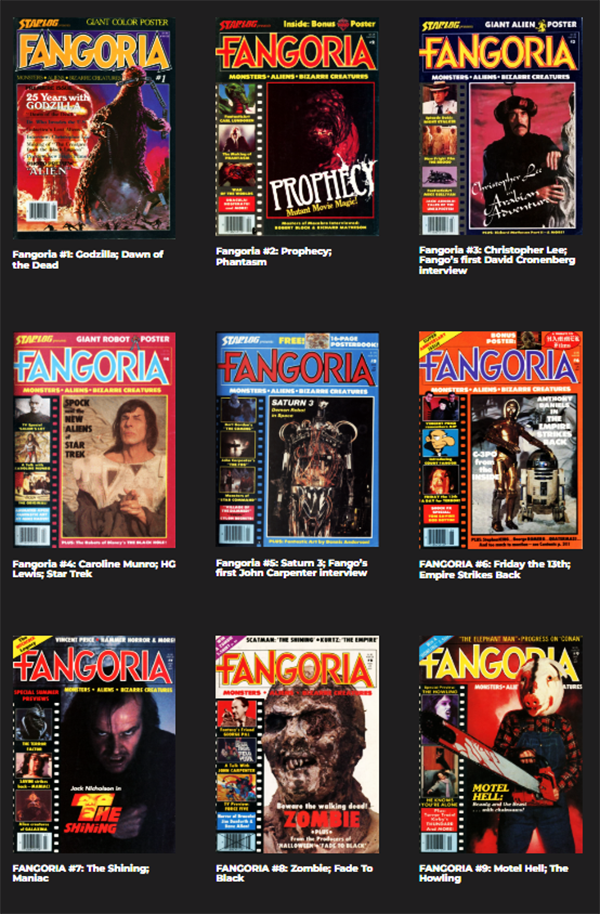Hi everyone. As it is fast approaching Christmas and the end of the year, I thought it would be a good idea to have a book giveaway for my readers (new and old alike). 2015 is going to be a busy year for me and I hope to be able to produce many more quality books that my readers will enjoy. I will also be branching out into new genre territory with a collection of scary stories for Young Adult readers, a collection of spooky stories for children and my first literary fiction novel. For those of you who like my adult horror, don't worry, there will be plenty more in the new year ahead. I also have a thriller novel and short-fiction series on the boil which, all going well, should be ready to release in the second half of 2015. In order for me to tell you when new releases, giveaways and other cool stuff is happening, please subscribe now to stay in touch. In the meantime - here is how to grab your freebie!
The deal is:
1. Be one of the first ten NEW subscribers to this website and you will receive (by email) a code which will enable you to download for free, my popular collection of short horror stories - 'Dreams of Thanatos: Collected Macabre Tales.'
2. If you are already a subscriber, please indicate so below in the comments that you have already subscribed to this website and I'll email you a copy as a thank-you for your support.
Ready! Steady! . . . GO!
The deal is:
1. Be one of the first ten NEW subscribers to this website and you will receive (by email) a code which will enable you to download for free, my popular collection of short horror stories - 'Dreams of Thanatos: Collected Macabre Tales.'
2. If you are already a subscriber, please indicate so below in the comments that you have already subscribed to this website and I'll email you a copy as a thank-you for your support.
All you need to do to subscribe is click the picture below.
Ready! Steady! . . . GO!
 |
| CLICK PICTURE TO SUBSCRIBE |


